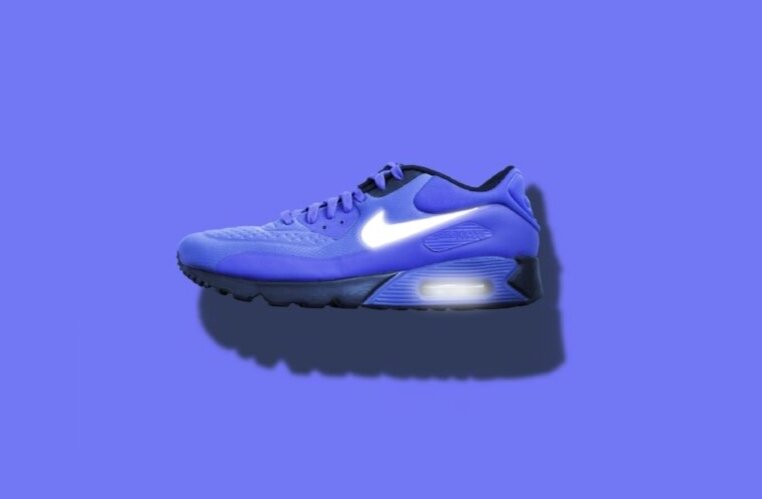Nike has confirmed that it will stop selling its wares directly to Amazon, bringing an end to a pilot program that it entered into in June 2017 with the Seattle-based ecommerce behemoth, following years of resistance. At the time of the launch, “Nike agreed to sell a limited product assortment to Amazon, in exchange for stricter policing of counterfeits and restrictions on unsanctioned sales of its products,” per CNBC, including Nike’s athletic footwear, apparel and accessories.
Two years later, Nike says that “as part of [our] focus on elevating consumer experiences through more direct, personal relationships, we have made the decision to complete our current pilot with Amazon Retail,” noting that it will “continue to invest in strong, distinctive partnerships for Nike with other retailers and platforms to seamlessly serve our consumers globally.” The “abrupt halt” to the partnership, as CNBC has characterized it, could lead more brands to distance themselves from Amazon.
“Brands don’t need Amazon,” Jefferies analyst Randy Konik told CNBC. “Amazon had a delivery speed advantage, but that advantage has compressed.” The Nike, Amazon split “strengthens our view that retailers/brands won’t be displaced by Amazon,” according to Konik, and that consumer traffic to brands’ own sites “is self-sustaining, more profitable, and actually brand enhancing, while traffic and incremental revenue from Amazon.com is less profitable but also less brand enhancing.”
With that in mind, he says, “We believe many strong apparel (and even non-apparel) brands will continue to avoid or curb their relationships with Amazon in the future.”
To date, brands have not been shy about taking the $1 billion giant to task. Birkenstock, for instance, publicly cut off Amazon, not once, but twice, “terminating [its] business relations with Amazon” in the U.S. and the European Union, due to Amazon’s alleged failure to commit to “proactively policing its site for counterfeits.”
Before that, Swatch’s Chief Executive Nick Hayek spoke out against Amazon, saying that the two companies’ partnership negotiations fell through for this exact reason, highlighting the e-commerce giant’s alleged failure to commit to “proactively police its site for counterfeits and unauthorized retailers.”
As a rep for Amazon aptly notes, “Authorized products are not the same as counterfeit, and Amazon’s customers deserve access to authentic goods at competitive prices, and we welcome the opportunity to provide those products.”
In terms of Amazon’s stance on counterfeits, the company has been adamant that it “strictly prohibits the sale of counterfeit products and invest heavily – both funds and company energy – to ensure our policy against the sale of such products is followed.”











